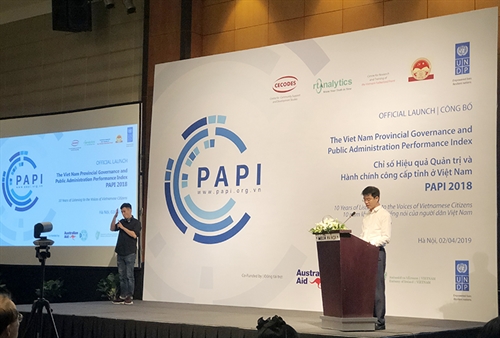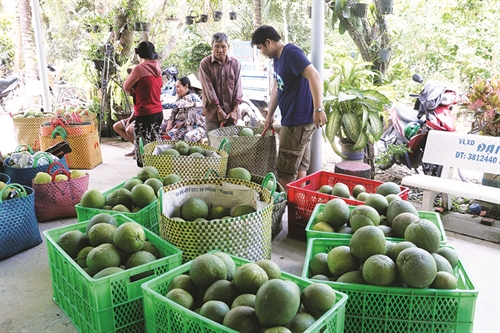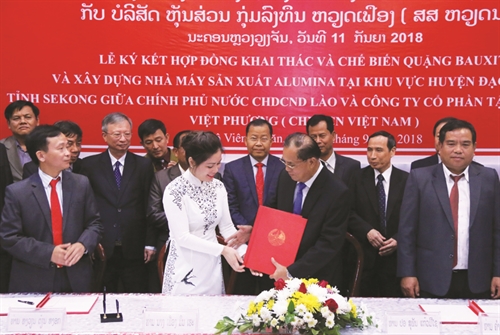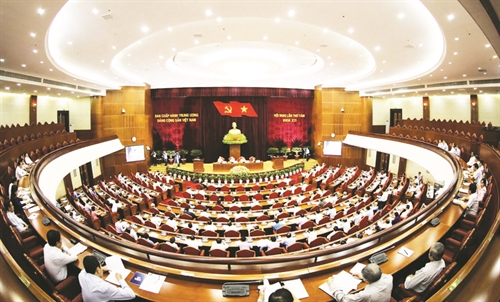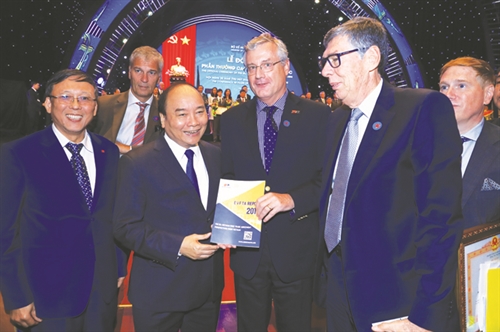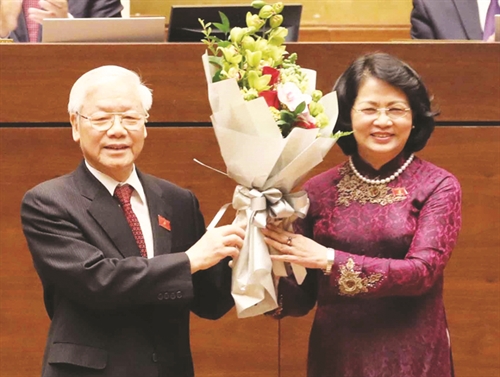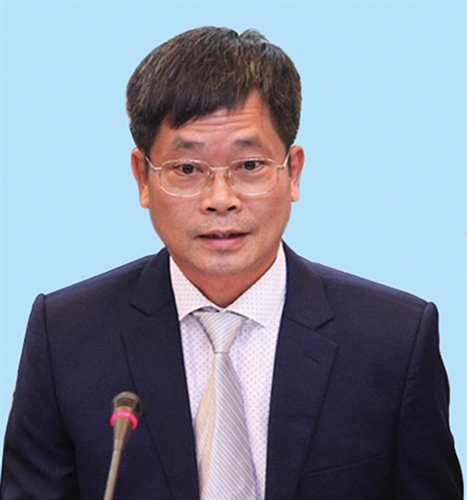 |
The policy on compulsory social insurance for foreign workers was introduced in Vietnam for the first time in October last year under Government Decree 143 of 2018. Dinh Huy Hung, Deputy Director of the Premium Collection Department under the Vietnam Social Security (VSS), talks with the Doi Song & Phap Luat newspaper about initial results of the new policy.
Could you please disclose the total amount of social insurance premiums and health insurance premiums paid by enterprises for their foreign employees since December 1, 2018, the effective date of Decree 143? Compared to the previous time, what are changes in social insurance payment for foreign laborers?
Decree 143 is the first-ever regulation of Vietnam requiring foreign laborers working in the country to participate in compulsory social insurance. The roadmap for payment of social insurance premiums for foreign employees is set as follows:
+ In the period from December 1, 2018 through December 31, 2021, employers are required to make monthly contributions to the sickness and maternity allowance fund and occupational accident and disease insurance fund for their foreign employees at the rate of 3.5 percent of the monthly salary level used as a basis for social insurance participation.
+ From January 1, 2022 on, employees and employers will together contribute 25.5 percent of the monthly salary level used as a basis for social insurance participation to the sickness and maternity allowance fund, occupational accident and disease insurance fund, and retirement and survivorship allowance fund, of which employers will contribute 17.5 percent, while employees will pay the remaining 8 percent.
According to the statistics from the VSS, as of February 28, the total amount of social insurance premiums paid for foreign workers nationwide has reached some VND 100 billion.
So far, how many enterprises are regulated by the scheme on compulsory social insurance for foreign employees? And what is the number of foreign laborers subject to compulsory social insurance?
As estimated by the Ministry of Labor, Invalids and Social Affairs, there are over 80,000 foreign laborers working across the country. Meanwhile, statistics from the VSS show that by the end of February, 8,730 enterprises with 51,524 foreign employees have joined the scheme on compulsory social insurance for foreign workers. Hence, just three months after Decree 143 came into force, more than 64 percent of foreign workers have participated in compulsory social insurance. This could be considered a quite satisfactory result, given the fact that compulsory social insurance for foreigners is a new policy.
In the coming time, the VSS will direct local social insurance agencies to work proactively and closely with local agencies in charge of labor affairs to get an accurate number of foreign employees subject to compulsory social insurance and guide businesses that employ foreigners on how to pay social insurance for their foreign employees.
In your opinion, what are the impacts of this new policy to the country’s business environment as well as the attraction of high-quality human resources to Vietnam? Are there any difficulties or limitations in the collection and payment of social insurance premiums for foreign employees?
Compulsory social insurance for migrant laborers has been implemented and are now implementing in many countries all over the world. Against the backdrop of global economic integration, it is necessary for Vietnam to start implementing a compulsory social insurance scheme for foreign laborers, thus ensuring their interests, establishing equality between foreign employees and their local counterparts and keeping their mind at work. This constitutes a positive factor in creating a favorable business environment and attracting high-quality workers to Vietnam.
However, as social insurance for foreign workers is a new policy, several difficulties still exist in the collection and payment of social insurance premiums for these subjects.
The first difficulty lays in identification of subjects governed by the new policy. Decree 143 took effect on December 1, 2018, but until now its guiding text has not yet issued. The VSS has heard about problems facing enterprises having foreign employees and will soon issue guidance on these issues.
Language barrier is the second problem. Foreign workers come to Vietnam from different countries with different languages, leading to difficulties in the processing of their dossiers and records.
Last by not least, there might be a possibility that a foreigner coming to Vietnam for work has participated in social insurance in his home country or vice versa. To cope with this situation, the Government has directed the Ministry of Labor, Invalids and Social Affairs to negotiate and sign bilateral agreements with other countries so as to avoid double social insurance coverage.- (VLLF)
